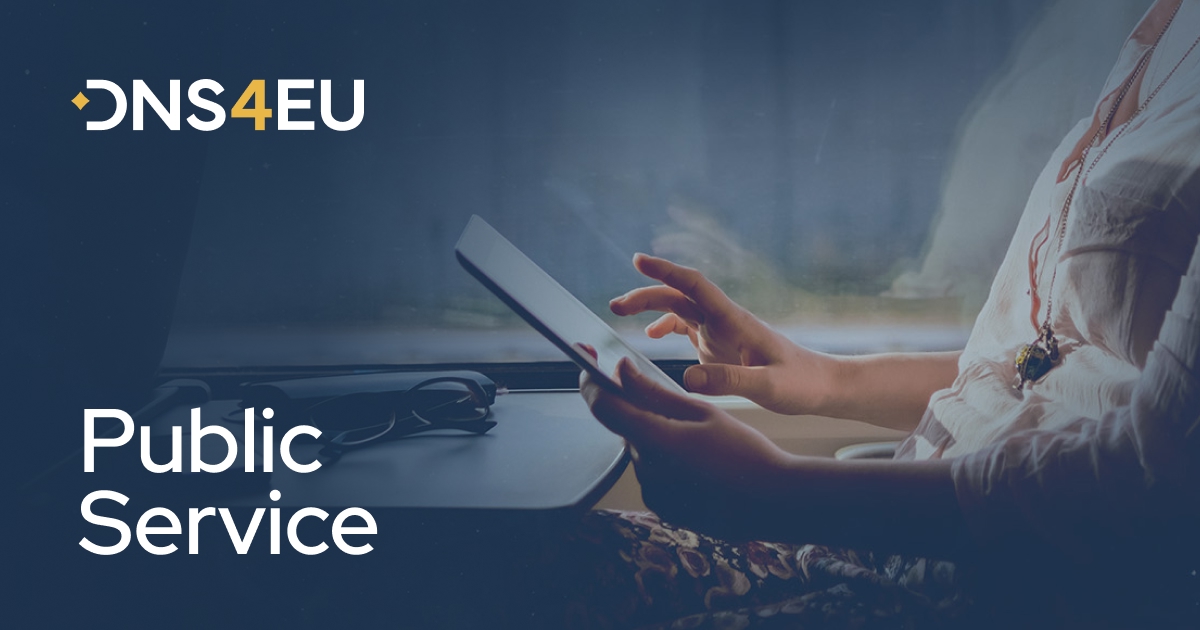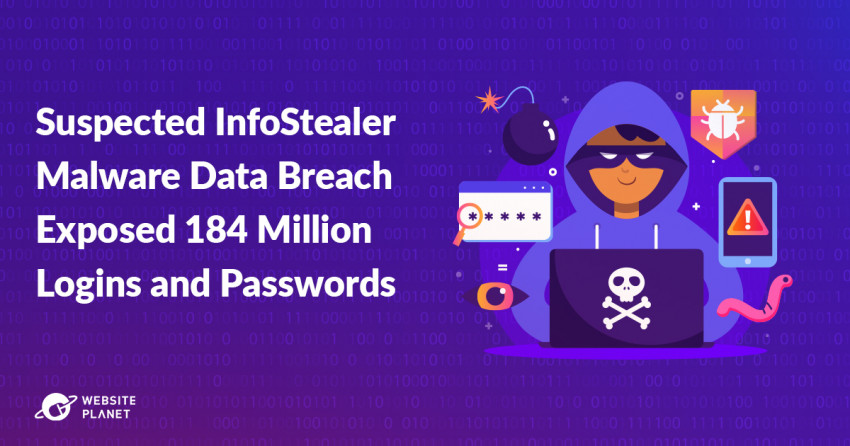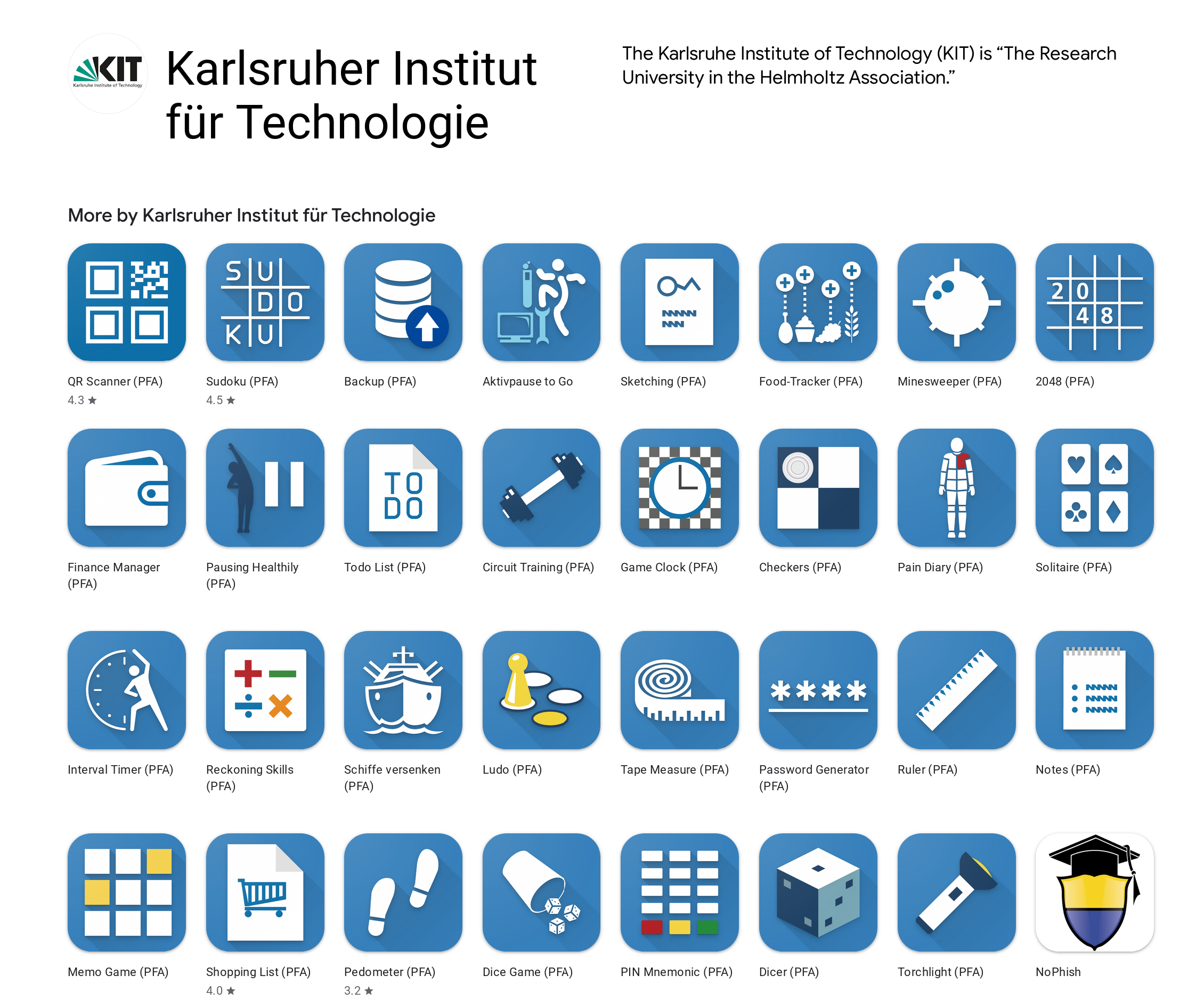Black belt in Mikado, Photo model, for the photos where they put under ‘BEFORE’
- 118 Posts
- 886 Comments
I use mail accounts and a phone number like abybody else (Proton, Tuta, Murena) and Iknow that the mail direction is an unique identifier which can be tracked, exept if you usean alias. Because of this I avoid as much possible services or apps which need an account (the worse are those which say “Log in with Google or Facebook”). Naturally better are those which creat an user ID instead of an accoun and the best which don’t need an account an can be used anonym. Anyway the Q-Day is near, when any privacy measures and anything else are going to hell.
Q-Day refers to the moment when quantum computers become powerful enough to break current encryption methods, particularly RSA encryption that secures much of today’s internet communications[1].
Recent estimates from cybersecurity experts suggest a one-in-three chance that Q-Day will occur before 2035[1:1]. The Global Risk Institute’s latest assessment indicates a 15% chance it has already happened in secret[1:2].
Major implications of Q-Day include:
- Vulnerability of encrypted data including emails, financial transactions, medical records, and military communications[1:3]
- “Harvest now, decrypt later” attacks where nation-states collect encrypted data to decode once quantum computing capabilities mature[1:4]
- Risk to critical infrastructure like power grids, military systems, and financial networks[1:5]
Some companies have begun implementing quantum-resistant security measures:
- Apple introduced its PQ3 protocol in March 2024 for iMessage[2]
- Signal has integrated quantum-resistant algorithms into its messaging platform[2:1]
- NIST released its first set of post-quantum encryption standards in summer 2023[1:6]
President Biden signed an executive order in early 2025 requiring government agencies to implement NIST’s quantum-resistant algorithms “as soon as practicable,” accelerating the previous 2035 deadline[1:7].

 11·1 day ago
11·1 day ago/e/Foundation, which Murena, Nextcloud, /e/OS, etc. is part of. It’s not a company, but an association of FOSS devs. Cloud server in Finland, from NextCloud or as Murena Cloud as part of the Murena Workspace, which unify all the different apps, which as OpenSources naturally can be used independent.
The best ever is Murena Workspace, OpenSource, privacy focused, also self hostable, very complete and EU made. Even offer Murena Phone (FairPhone) with installed /e/OS, Cloud Service with affordable prices (1GB free). by the /e/Foundation.

https://e.foundation/wp-content/uploads/2019/11/e-manifesto.pdf
Well, if you use an ATI 3D Rage card in your PC it can be deduced, or buying a Graphic card with you credit card.
As one of the first Baby Boomers, it’s somewhat surrealistic for me to proof that I’m old enough to access an fucking web page.

 31·2 days ago
31·2 days agoMurena Workspace is IMHO the best alternative of Google Docs, OpenSource and made in the EU, Murena is also the author of NextCloud which has an collaboration platform, /e/OS and associated with FairPhone, a complete infrastructure privacy focused.

What has the setting of nVidia or visiting the Wikipedia to do with child protection? Certainly old guys which confuse a remote control with an smartphone , don’t should be authorized to make internet laws.

 2·4 days ago
2·4 days agoI know very well that it is known which pages I visit, when authorities pretend it.
I’m normally not a friend of AI, but despite of this I use Andisearch as my main search engine since almost 3 years, because with it, I don’t have even the need to access most of the pages, I can read these in the own reader mode in the search results and summarize the content, sandboxed and with random proxie. The search concepts don’t even appears in the browser history only that I searched with Andi, but not what, I can watch YT videos also direct in the search results. It’s one of the most private search engine which I know, and I know almost all also thanks to an user. Free, no limits, no logs, no ads, no cookies, anonymous, own independent LLM.

 310·4 days ago
310·4 days agoNot even Asians, but they are on the way to make mandatory to request every Internet access with personal data and the reasons why. This is what are reallity in North Corea, there the people can use only the local goverment server and content, without access to the open web without the mencioned request in special offices in their city. This is fact and not my fascist opinion, I’m certainly not. People of North Corea are complete aisled from informations of the rest from the world, only through the unique public TV they have which is accessible by the rest of the world, but in NC foreign channels are blocked… No other country in the world, Asian or not, is hermetic like NC. But with the need of an ID to access the fucking Wikipedia, UK is on the best way to emulate NC in the near future.

 117·4 days ago
117·4 days agoRemoved by mod

 7·4 days ago
7·4 days agoYes, put your webcam on, say your full name and hold up your ID card and the Newspaper from today, please.

 91·4 days ago
91·4 days agoIt’s already questionable if it becomes a law, due to several security and privacy concerns. It will be a search of tecnical solutions which respect the EU privacy law, which isn’t so easy, wil say, it will not be in near dates until it is generally implrmented, depending also on each country. We’ll see. I asked Andi:
The European Commission is developing an age verification app, set to launch in July 2025, that will allow EU users to prove they are old enough to access age-restricted online content without revealing personal information[1][2]. The app, known as the “mini-wallet,” is built on the same technical specifications as the European Digital Identity Wallets planned for 2026[3].
Key features of the age verification solution include:
- Privacy-preserving verification using Zero Knowledge Proofs (though implementation remains optional)[1:1]
- Four verification methods: national eID schemes, physical ID cards, institutional verification (banks/notaries), and third-party apps[1:2]
- Open-source implementation with customization options for Member States[4]
- Integration with the EU Digital Identity Wallet framework[3:1]
However, critics highlight potential accessibility issues, noting that marginalized groups like refugees, unhoused people, and those without government IDs may be excluded[1:3]. The Electronic Frontier Foundation also warns about privacy risks and the need for stronger regulations on which services can request age verification[1:4].
The initiative supports compliance with the Digital Services Act, which requires online platforms to implement robust age verification policies[2:1]. The Commission has already begun enforcement, launching investigations into four adult content websites in May 2025 over inadequate age verification measures[5].
EFF - Age Verification in the European Union: The Commission’s Age Verification App ↩︎ ↩︎ ↩︎ ↩︎ ↩︎
European Commission - Call for tenders: Development, consultancy and support for an age verification solution ↩︎ ↩︎
European Commission - The EU approach to age verification ↩︎ ↩︎
PYMNTS - EU to Launch Age Verification App for Online Use in July ↩︎

 14·5 days ago
14·5 days agoI don’t know, maybe to be activated when someone screams “Fire”. I don’t even know why smart smoke detectors, the traditional ones are working pretty good. Stupid, not “smart”, the hype to include AI everywhere.

 3·5 days ago
3·5 days agoYes, but not so easy to synchronize your activity with the video.

 6·6 days ago
6·6 days agoI2P certainly is not the clearnet, but if they continue to contaminate the clearnet with massive surveillance, there are not much more alternatives if you don’t want to go back to communicate with Finger commands like in the 70th (still works, see also this)

 61·6 days ago
61·6 days agoYes, this way they need 2 seconds more to track you, if they want. TOR is the most monitored Network by all security agencies and secret services, it was created by these. I2P is maybe somewhat more secure. Decentralized network is anyway the future, also P2P communications.

 7·6 days ago
7·6 days agoWith the Tories soon you can’t go online if your webcam is off. The UK has not longer something to do with the EU, it’s more and more like the US. The UK always was very curious monitoring the nettraffic since a lot of years.



















Well, until now it’s an alpha, only with a little more as the crappy Bing API, but I think that it will raise fast when are the collaboration with all other EU search engine begin to work as planned. At the moment I’ll continue with Andi (IMHO the best AI search ever), Startpage and Mojeek, which offers the best results and privacy.